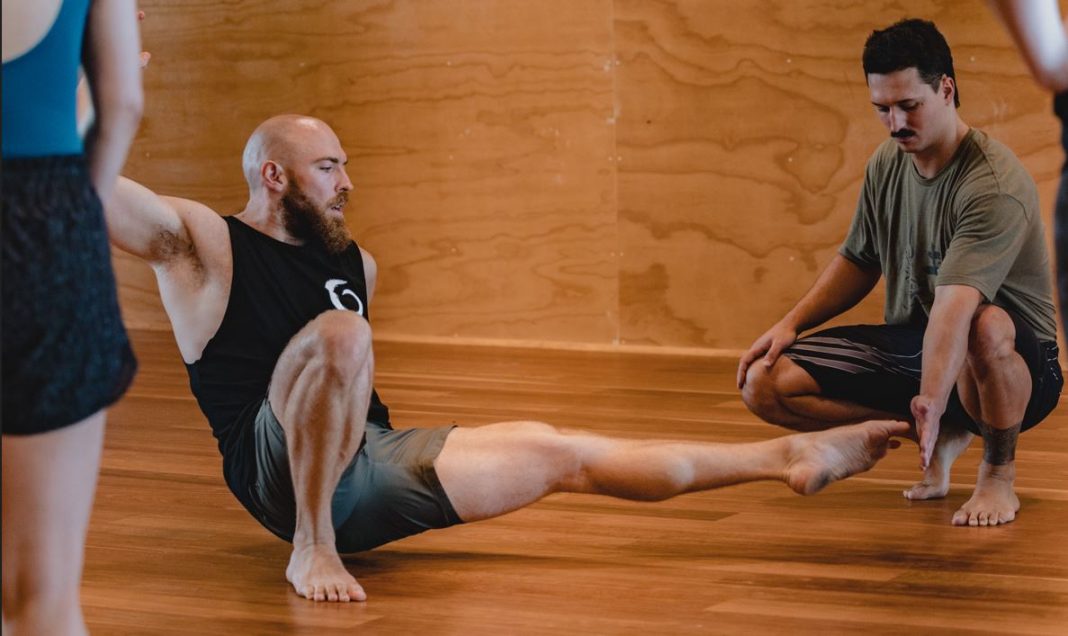Independents for Canberra candidates have announced their policies to support community sport in the ACT, which they say the ACT Government does not treat as an essential part of life in Canberra.
Independents for Canberra say that many areas in Gungahlin, Belconnen, Molonglo Valley, Tuggeranong, Woden, and central Canberra lack any or adequate sports facilities, and that people in every electorate struggled to access sporting facilities and programs.
“Sporting organisations are crying out for more support to promote the health and social cohesion of our communities,” Thomas Emerson, leader of Independents for Canberra and candidate for Kurrajong, said.
Peak body
Within the first six months of being elected, Independents for Canberra MLAs would establish a dedicated peak body for community sport.
“We don’t have a recognised peak body for community sport, so a grassroots Community Sport Alliance is being relied on to carry that burden,” David Pollard, independent candidate for Yerrabi, said.
“The government has gone missing when it comes to community sport, leaving passionate volunteers and part-time staff to pick up the slack,” Mr Emerson said. “It’s no wonder facilities are left to stagnate.”
Facilities audit
Independents for Canberra would undertake a detailed facilities audit; prepare and fund a 10-year strategic plan for the maintenance, improvement, and expansion of facilities in partnership with the sport sector; and provide yearly updates on the delivery of that plan.
“The ACT Government ran a survey in early 2023 about facilities needing maintenance and upgrades, which unearthed almost 100 facilities that warranted attention,” Mr Emerson said. “We understand the community sport sector hasn’t heard anything from the government since.”
“We’re hearing that this government has become complacent, failing to support a range of community and professional sporting activities and facilities,” Mr Pollard said. “In 2024, the Canberra United Women’s A-League Team was at serious risk of closure, despite having produced numerous members of the Australian Matildas Soccer team over its lifetime.
“It took a huge community-driven campaign to force the government to step in and provide a small amount of funding to save the club.

“Facilities maintenance is also an issue. The Gungahlin Eagles consistently have 350+ players using the ovals at Nicholls, including junior and senior players from under-7s up to open age grades. The oval is also used for cricket in the summer.
“The grounds were remediated recently after being blamed for multiple lower leg injuries, though its condition is still far from good enough.
“The women’s change room is a semi-repurposed storage shed, and the lone toilet is through the men’s change room and next to three urinals. The state of female facilities is detrimental to the game’s growth in the area. This is common across the ACT.”
“It’s not isolated to electorates or sporting codes,” Mr Emerson said. “The stories David Pollard hears in Gungahlin are consistent with what Vanessa Picker hears in Tuggeranong, and all our candidates in between.”
Sport vouchers
Independents for Canberra would introduce a $200 Active Kids sport vouchers scheme to reduce barriers to participation in community sport for children, particularly those facing disadvantage.
“When I ran as an independent in 2020, Active Kids vouchers were one of my most popular policies,” Mr Pollard said. “I still receive regular emails and website correspondence asking how families can access the vouchers I championed. Unfortunately, the Labor-Greens government has not seen the value in supporting families to access community sport, and failed to pick up the policy.”
“We are proud to campaign for Active Kids vouchers in the ACT,” Mr Emerson said. “As the last jurisdiction without them, it’s time we helped families get their kids into a life of sport.”
Sport is important
“I run a movement studio, where every day I see the direct positive impact of movement on the physical, mental and emotional health of our community,” Mr Emerson said.
“We talk a lot about the mental health crisis, but we don’t do enough to support initiatives that address root causes. Bringing people together to connect and participate in physical activities is one of the most potent ways to boost mental wellbeing.”
“Community sport promotes mental and physical wellbeing, combats loneliness, supports the local economy, and promotes regional tourism,” Mr Pollard said.



